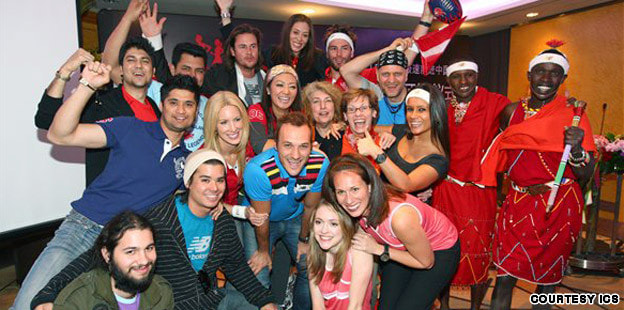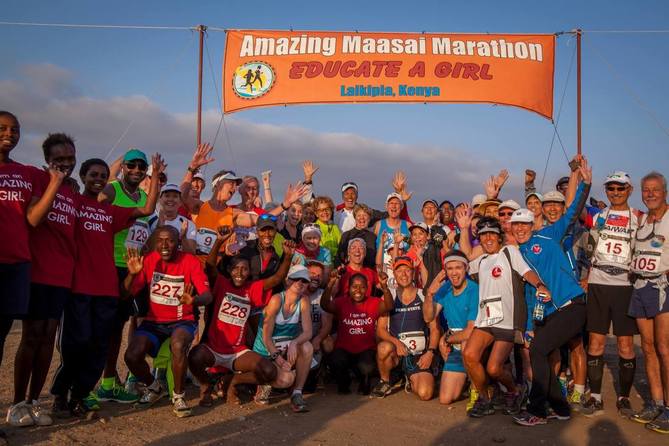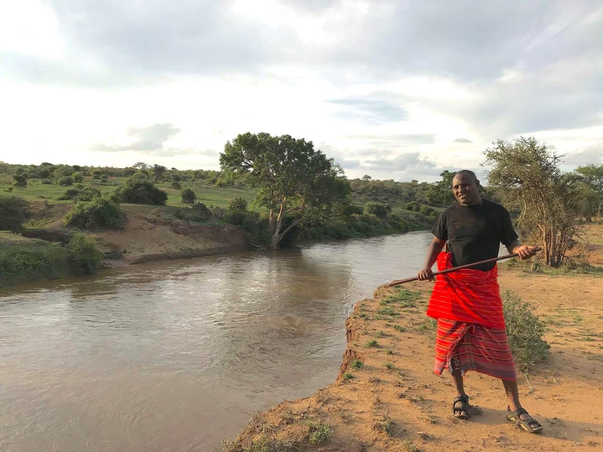About Lewaso
Lewaso's Story
Paul Lebeneiyo is not your average Maasai warrior. He grew up in the village of Koija where he lived in a traditional home. He had a happy traditional childhood and completed the rituals, tasks, and challenges to become Maasai warrior. His father managed a nearby Ranch/Safari camp and felt that education was important and saw to it that Paul went to school and eventually attend College. His college education earned him a Bronze Level Guide Certificate, which in addition to his experience, makes him one of the best guides in the area. Paul spent many years working at some of Kenya’s most prestigious safari camps and lodges, but all the while thinking of his people and his dream of a different life for them. Paul has also travelled quite a bit outside of Africa and you might have seen him on TV -- he was a contestant on “The Amazing Race: China Rush.”


Maasai traditionally herded cattle and goats for sustenance and traded with other tribes. This is how the Maasai lived for hundreds of years. The world has changed and Paul sees that his people must change with it. Maasai graze cattle on historical tribal land. But over time, ranchers and safari camps were permitted buy up nearby land. This leaves the Maasai in an untenable position, with less land, poor quality grassland and losses due to droughts. The Maasai cannot continue to thrive and it will soon be impossible for his people to support themselves as they have done in the past.


Paul has earned the respect of his tribe and they have agreed to allow Paul to try for a better future for his people. It was Paul’s dream to build Lewaso Cottages on tribal land because he wanted to provide a different model for the children of his village. Grazing hundreds of heads of cattle is now not sustainable. Paul knows that the overgrazing is not good for the environment, as evidenced by the damage from the rains in recent years, and is not sustainable. He hopes his camp will be an inspiration project to the younger generation. Rather than leave the area to earn money in the cities or other safari camps, some can work at Lewaso and stay within their community and pass down their rich traditions to their children. In addition to directly employing local Maasai, the profits from his camp will go to a trust to promote education for less fortunate families within the community.

